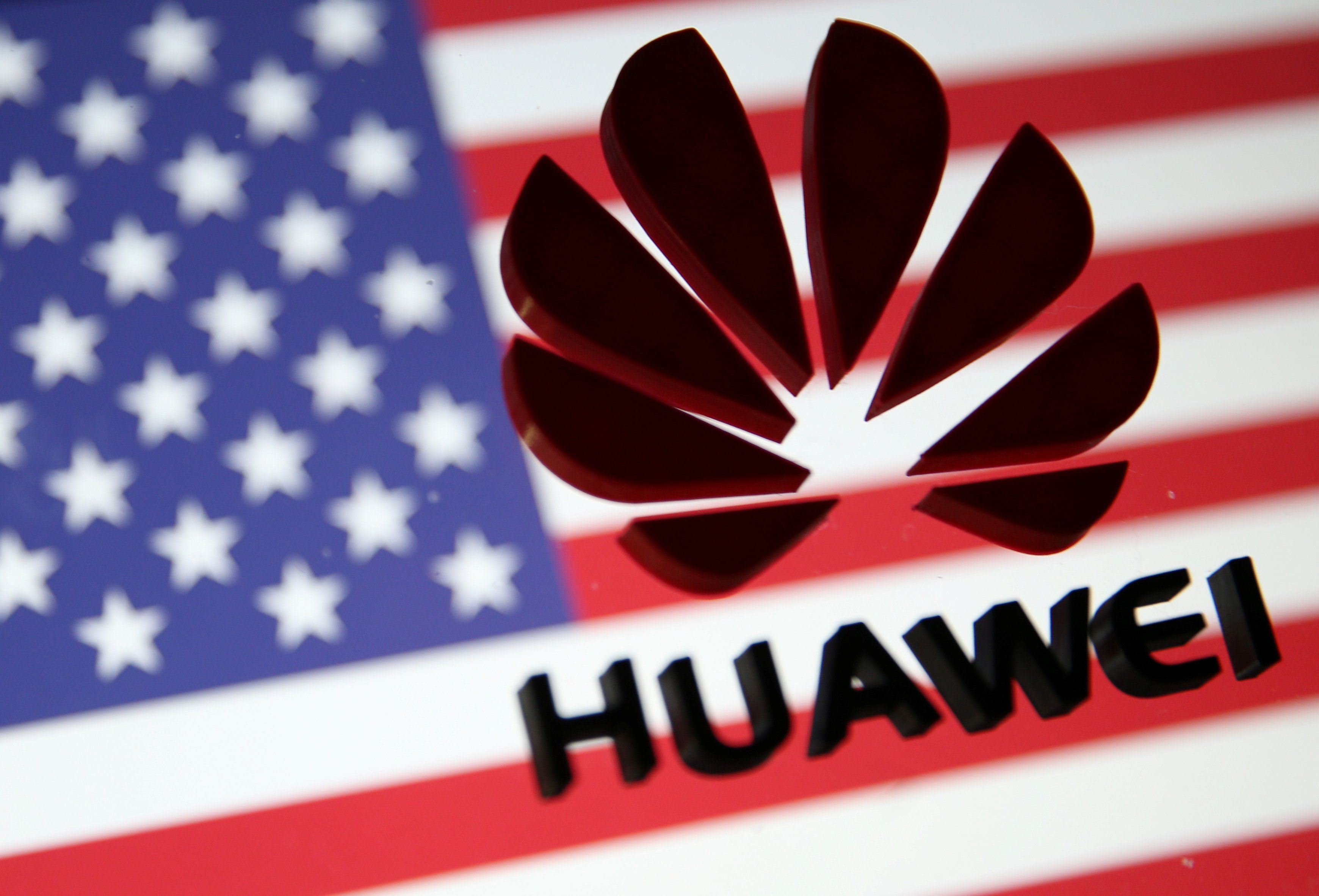January 30, 2019
It's been a momentous few days in the US-China tech cold war. The confrontation between the world's sole superpower and its biggest geopolitical rival is still more economic and technological than ideological or military, but it's shifting fast. Here's a quick rundown.
What happened: On Monday, the US Department of Justice unveiled sweeping criminal charges against Huawei, one of China's most important technology companies, accusing it of fraud connected to violations of US sanctions against Iran and intellectual property theft. Officials also confirmed the US would pursue the extradition of Huawei CFO Meng Wangzhou, whose arrest in December in Canada at the request of the US has infuriated Beijing.
Why it's important: Huawei is a global leader in 5G, the next generation of mobile network technology that will transport more data at faster speeds than ever before, making game-changing innovations like smart cities and driverless cars possible on a commercial scale for the first time. China views 5G and Huawei as key to its future economic and technological development, its ambitions to extend its global influence, and ultimately the power of the Communist Party.
The US, by contrast, sees Huawei and China's broader technology ambitions as a national security threat. It's worried that a Chinese presence in 5G networks could give Beijing new ways to conduct espionage, or even allow China to shut down vital data networks in a crisis. Monday's criminal charges will further increase political pressure, opening a new and potentially explosive legal front in the US campaign against China's technology and industrial policies.
What happens now? This is an irresistible force meets immovable object situation, and China is going to respond. The question is, how and when?
Negotiations between Washington and Beijing to resolve the countries' $360 billion trade war will probably continue, for now. The US stopped short of saying what penalties it might pursue against the Chinese telecoms giant, which could include sanctions or even a potential ban on Huawei acquiring US technology – an action that would further ratchet up tensions.
Chinese Vice-Premier Liu He arrived in Washington on Tuesday for trade talks, including a personal meeting with President Trump. Both sides have incentives to try keep the Huawei and trade issues separate as they try to strike a deal, or at least extend negotiations, beyond a March 1 US deadline.
Still, the US charges against Huawei and Meng are a serious escalation in an already tense situation that could make it harder for the two sides to bridge their differences. Meng is already a cause celebre in China, and even an implied threat of harsh US action against Huawei could stiffen Chinese President Xi Jinping's resolve to avoid big concessions to US trade and security hawks.
Bottom line: Far from over, the conflict between the US and China is morphing into an even deeper and more profound confrontation.
More For You
Mojtaba Khamenei, the second son of Iran's late Supreme Leader Ayatollah Ali Khamenei, visits Hezbollah's office in Tehran, Iran, October 1, 2024.
Office of the Iranian Supreme Leader/WANA (West Asia News Agency)/Handout via REUTERS
When the Islamic Republic’s senior clerics met yesterday to decide on the next supreme leader, Mojtaba Khamenei reportedly emerged as the favorite to succeed his assassinated father, Ali Khamenei.
Most Popular
What's Good Wednesdays
What’s Good Wednesdays™, March 4, 2026
Walmart sponsored posts
Walmart’s $1 billion investment is strengthening associate careers
U.S. President Donald Trump, President of the Democratic Republic of the Congo Felix Tshisekedi and President of Rwanda Paul Kagame take part in a signing ceremony at the U.S. Institute of Peace in Washington, D.C., U.S., December 4, 2025.
REUTERS/Kevin Lamarque
6,500: The number of M23 rebels fighting in Congo.
German Chancellor Friedrich Merz holds the framed birth certificate of U.S. President Donald Trump's grandfather as Merz and Trump shake hands during a meeting at the White House in Washington, D.C., U.S., June 5, 2025.
REUTERS/Kevin Lamarque
You probably know some of the more familiar German words in English: Schadenfreude, say. Or Angst. Maybe Realpolitik. And if nothing else: Hamburger.
© 2025 GZERO Media. All Rights Reserved | A Eurasia Group media company.
